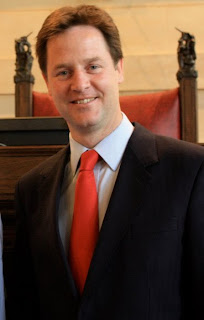No, they’re not the same thing. Nevertheless, a few years ago I was present at an academic conversation whose topic was apparently guilt, but as the discussion progressed it became obvious that the real topic was the feelings of guilt that often plague people for various reasons. It struck me then that empirical English usage may be in the process of eroding the meaning of guilt as a reality in human relations, giving it instead a subjective psychological connotation. Since then I have paid close attention to how people in common parlance have used the word, and I am coming to think that my suspicion may be correct.
For example, a google search turns up some interesting evidence. One website authoritatively tells us: “The dictionary defines the word ‘guilt’ as a ‘feeling of responsibility or remorse for some offense, crime, wrong, etc., whether real or imagined’.” Testifying to Freud’s pervasive influence on our culture, other equally telling phrases turn up: “overcoming guilt”, “guilt trip”, “guilt complex”, “dealing with guilt,” and the like. Yet Merriam-Webster OnLine gives as its first definition of guilt the following: “the fact of having committed a breach of conduct especially violating law and involving a penalty; broadly: guilty conduct.” Guilt as a feeling turns up only in the second and third definitions.
Indeed in jurisprudence guilt has a very particular meaning, and it could hardly be otherwise. If someone is in fact guilty of violating the law, his or her feelings are beside the point. The guilt is real and must be dealt with accordingly. Yet if we continue to embrace a psychologically reduced view of guilt, where will that leave our legal systems? There is already a regrettable tendency, at least here in Canada, to assume that, where people feel offended or aggrieved, government — often in the form of federal and provincial human rights commissions — must step in to put matters aright. Where feelings are at stake and where guilt has been reduced to feelings, the presumption of innocence will tend to lose its status as well.
To be sure, not all justice is necessarily retributive justice. Yet if we lose a recognition of the reality of guilt, it is not clear that we can make sense of justice in any of its forms as rooted in something other than subjective emotions. This has further implications for our understanding of the gospel message. If guilt should be reduced to feelings, and if Jesus is said to have borne the penalty for our guilt, does that mean he died on the cross to remove our guilt complexes? Or did he pay the price for genuine sins committed against God and neighbour — for our doing what we ought not to have done and for not doing what we ought to have done? The only way to make sense of the good news in Jesus Christ is to challenge relentlessly the popular tendency to conflate real guilt with guilt feelings. No, they’re not the same thing.


